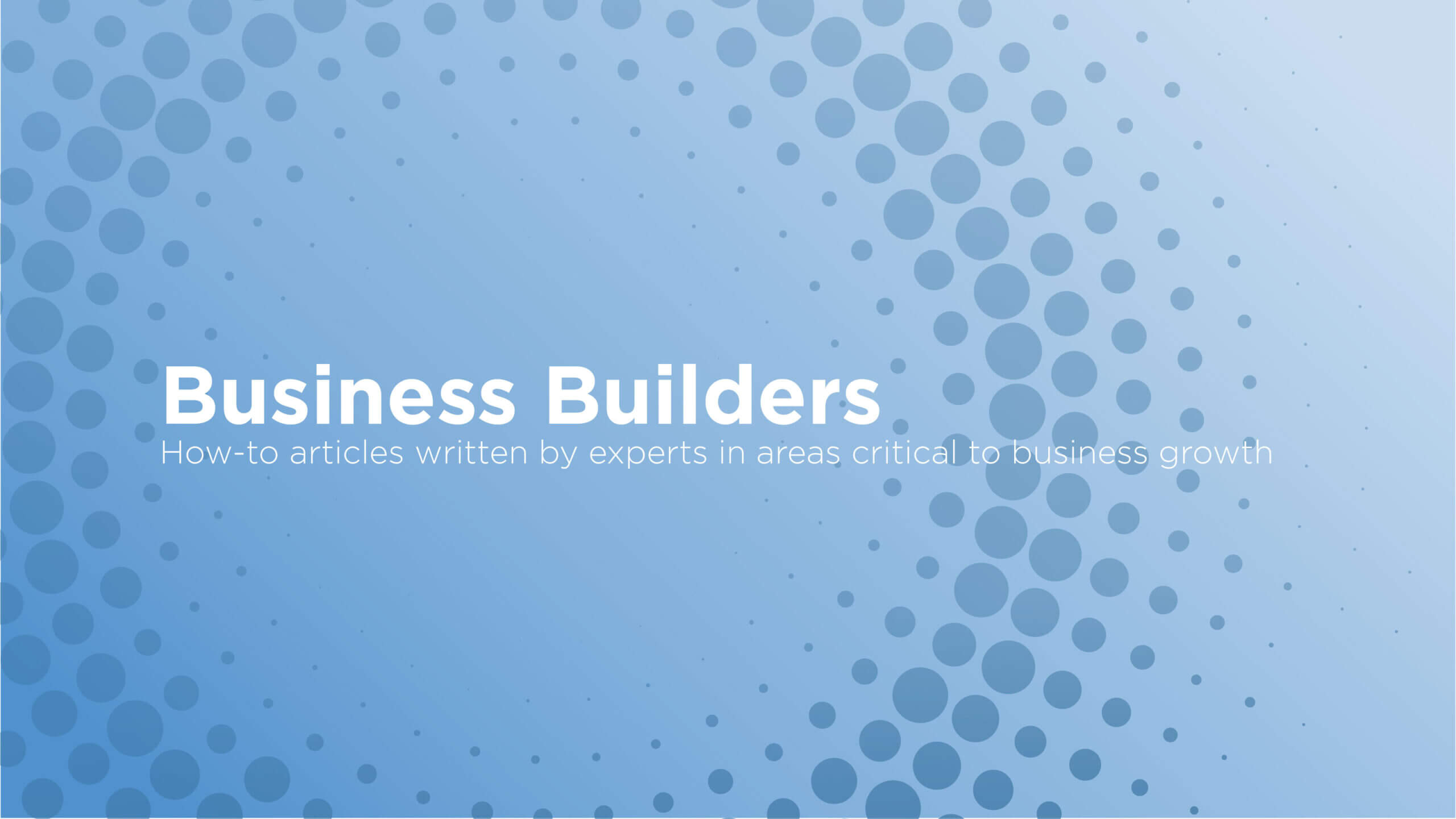No matter whether you’re the client or the consultant,
Core principles apply to making consulting relationships work.
Much like members of Congress must “reach across the aisle” to forge effective political partnerships, effective client-consultant relationships work best when both parties communicate, participate, treat each other with respect and share responsibility for outcomes.
Unfortunately, as frequent legislative failures demonstrate, people do not always play by common-sense rules.
When they do, however, the results can be impressive. As the owner and CEO of a consulting company that works with hundreds of organizations to build software, I can attest that great work happens when we partner with clients who share these values. In fact, our people will go far beyond what is reasonably expected when a client follows these simple principles:
Seek a good fit
Not surprisingly, client-consultant relationships work best when both organizations share common values. If both companies believe, for example, in the importance of teamwork, honesty, communication and exceptional outcomes, it’s highly likely that an exceptional outcome will result.
How do you find a consultant that will be a good fit?
Start by examining a firm’s long-term track record and the types of organizations on their client list. Ask how long, on average, they’ve been working with their clients and how many represent repeat engagements.
It’s also telling to look at the stability of the consulting firm’s employee base. A consulting firm with frequent employee turnover may not be able to complete your project without a lot of people churn. This also raises questions about their culture.
When comparing services, make sure it’s a fair comparison.
Ask questions about what’s truly covered by a bid, what’s outside the scope, and how inevitable project scope changes will be handled.
Once you’ve prepared a short list of consulting firm candidates, get ready to drill down for more information with final interviews.
Work the interview process
Much like the employee interview hiring process, engaging a consultant takes time and preparation. When interviewing prospective consultants, be sure to see their past work and meet with the actual people who will be involved in your project (i.e., avoid being the victim of the old “bait and switch” strategy employed by some firms with a shallow talent pool). Think about the following questions during the interview:
- Do they ask questions?
- Do they seem “too good to be true?”
- Do they pay attention to details?
- Does their work culture seem similar to yours?
- Do they follow up appropriately?
- Communicate, listen, and pay attention to details.
Once you select a new consultant, make a commitment to making the engagement successful.
New relationships, no matter whether personal or professional, get off to the best start when the people involved communicate their expectations and listen to the expectations of others. Likewise, I’ve seen new business relationships wither because the players involved communicated poorly.
Good clients clearly communicate expectations and priorities,
provide clear direction and give feedback on a regular basis. They also choose a central point of contact for both the consultant and within the company, and then share this information with everyone on their staff.
Consultants share at least half the communication burden and must speak up early and often to avoid molehills from becoming proverbial mountains.
They also should pay careful attention, take notes, ask questions and respectfully offer their honest professional perspective, even if it conflicts with the client’s point of view. In other words, great consultants bring their “A” game every day by paying attention to details and caring deeply about outcomes.
Share responsibility
While consultants bear the responsibility of “going the extra mile” to make engagements successful, clients who share ownership along the way tend to get the best results (which enhances their own reputation with colleagues and higher ups of course!). Often this means taking the initiative in quickly removing organizational roadblocks so consultants can move ahead, such as proactively working to diminish political boundaries between consultants and full-time employees. Leaders who make clear that consultants are working to help staff members meet common goals, and not supplant staff, can go a long way in setting a positive tone.
Great clients also understand that spending a reasonable amount of time on the front end to help consultants learn their business is a smart investment.
They also acknowledge when a project’s parameters have changed, adjusting contracts and expectations accordingly. Finally, reasonable clients understand that minor setbacks occasionally occur and do not overact when they do.
Likewise, great consultants share their expertise in an open and professionally respectful manner so employees can successfully maintain or expand the consultant’s contributions after the contract ends. Weak consultants seek to become virtual staff members by hoarding expertise in the hopes of continuously extending their contracts.
Take time to get it right
Once you’ve selected a partner, communicated your expectations, gotten your consultants onboarded and defined who has responsibility for keeping everyone in the loop, consider these tips to help ensure overall project success:
Clearly define — in writing — what’s in and what’s out of the project.
When project additions crop up, expect give-and-take: add more time to the deadline, along with reasonable budget adjustments, or get ready to pick what you will exchange for the new additions.
Define key milestones to keep the project or engagement moving smoothly ahead and on schedule.
The bottom line
Finding a great vendor is like winning the lottery: what really matters is how you manage your good fortune. Many lottery winners squander their new-found riches within a few short years, leaving themselves worse off than before they won. Smart winners, however, nurture their fortune and cultivate it for the long-term.
Likewise, when top-notch consultants are treated as trusted and valued partners, they will practically walk through fire to deliver results you’re proud to own.
When this happens, consulting relationships may continue to serve both parties for years to come.





